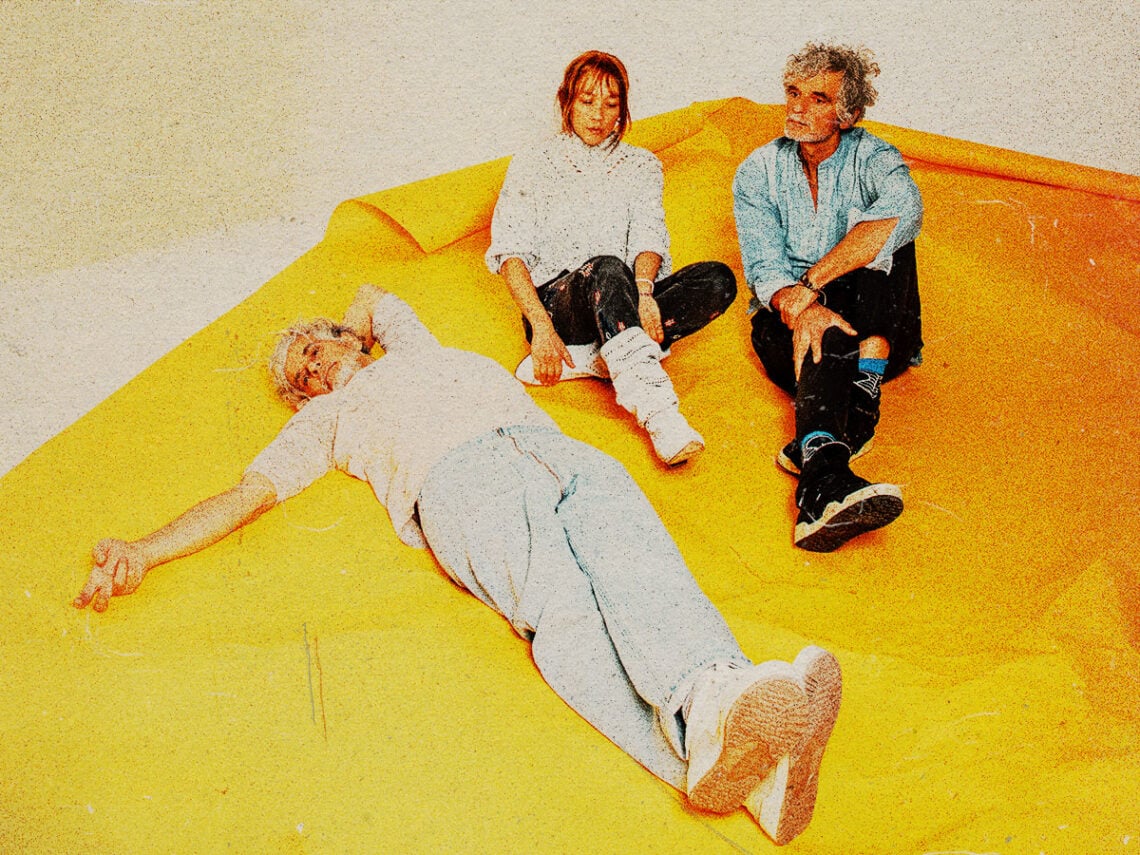
(Credits: Far Out / Press)
In Questlove’s book Mo Meta Blues, he touches on music’s connective ability incredibly well by talking about the week Michael Jackson’s Thriller came out. “Toward the end of 1982, Michael Jackson had released Thriller. That’s both a straightforward statement of fact and the beginning of an amazing, almost magical sociological process,” he said.
He went on to talk about the album’s impact and the emotional connection people felt as a result. “Over the course of the next year, Thriller was everywhere. It became inescapable. It was, for a little while, American life, and during the year that it occupied the center of popular culture, it united everyone.” He said, “Who liked Thriller? You did. White people, black people, skinny people, fat people, straight people, gay people, punks, rockers, hip-hop kids, thugs, nerds. You. Everyone alive.”
Questlove, here, touches upon one of the magical aspects that makes music such a significant art form. It’s not something people need to go to a gallery to see; they don’t need to be in the right environment to experience it. A song comes out, and people can take it away on their own terms, engaging with it however they like. Then, in their everyday lives, people are connected by music; whether they know it or not, we unite in good sound and how it makes us feel.
When considering Thriller, people were united in how upbeat and fun that album was and the mastery of Michael Jackson’s voice. There are other songs that artists release that unite us differently, as instead of just being fun to listen to, they speak to something deep within us and make the world a little more accessible.
Blonde Redhead is an alternative rock band from New York that is no stranger to searching for emotion within their music. In a recent interview, lead singer Kazu Mikoni spoke about the connective experience listeners can get when a musician is upfront about their pain and how much respect she has for those willing to lay everything bare.
“When I think about Sufjan Stevens or Ryuichi, Terry Riley, Frank Ocean, I feel like their music is great, but you love them because you can really hear their suffering, their agony, their pain,” she said. “They have been given a role to filter not just their own feelings through music, but other people’s suffering and pain, too.”
Mikoni is right; when we hear sad songs and have people lay their vulnerabilities bare, we don’t just acknowledge and respect them but assign what is said to instances in our own lives. We feel better for it as it’s as though something we would be worried about saying out loud ourselves has been said for us in a beautiful way that we are excited to engage with. We then share that connection with others who can associate with the music, and the fanbase becomes more of a group therapy session.
“I always feel so sad for them,” said Mikoni, willing to praise the writing ability of those who can connect through music but also weary of the burden they take on by writing in such a way. “Like, why them? Why do they have to bear that role of witnessing so much hardship and the difficulty of just being alive in this world and then translate it through music? I have endless respect and support for this type of artist.”
We should all have respect for that kind of artist. Those who are willing to lay their emotions out and make music accessible to all types of people are those who keep the art form so relevant and unique. The result is something equal parts beautiful and sad but unmistakably crucial in the artistic landscape.